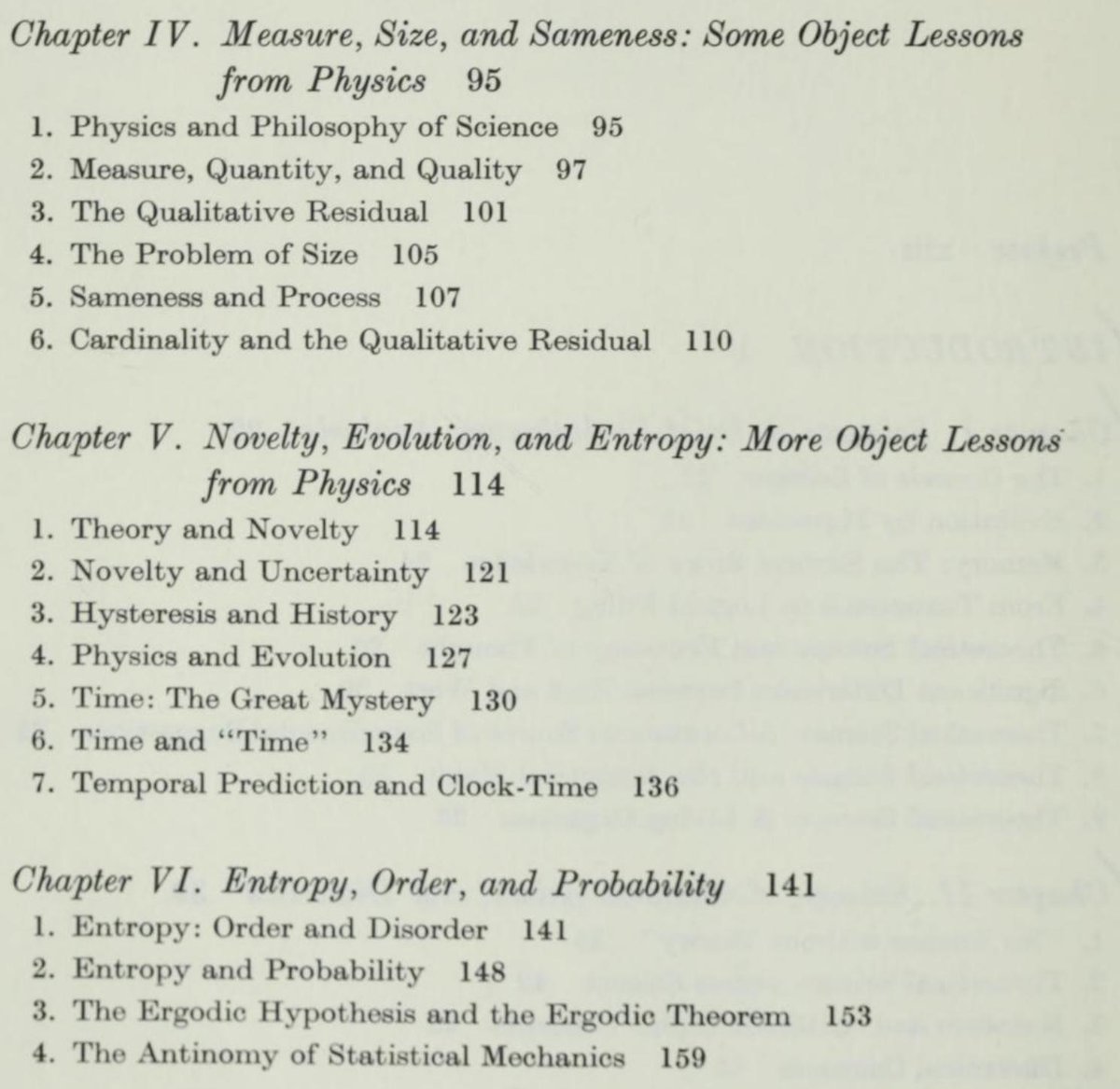1. What kind of an idea are you: one that compromises or one that changes the world?
2. What will you do after you win?
2. Taiwan's engineering approach to the economy might've been more conducive to bringing prosperity for all than Chile's economic approach.
medium.com/@oliverbeige/r…






